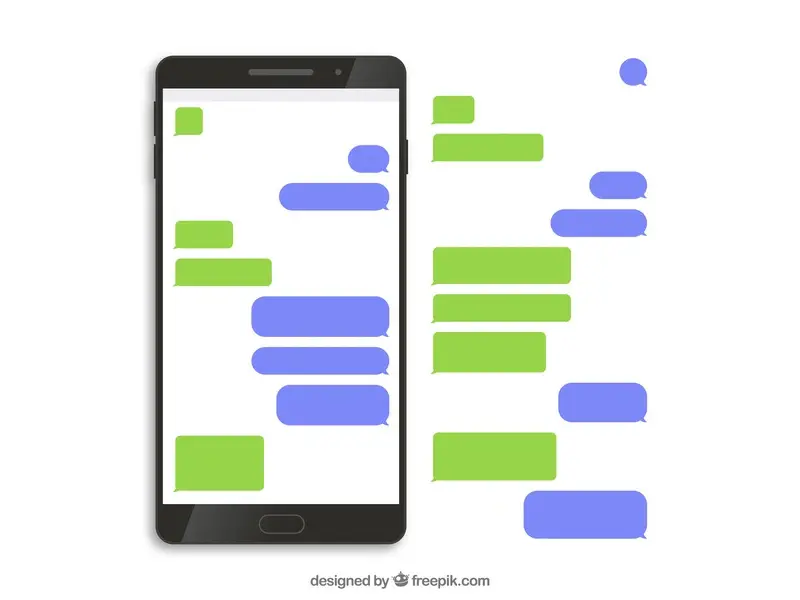- An Apple spokesperson said the company has taken steps to close the loophole and block beeper’s technology in order to protect users’ privacy.
- Eric Migicovsky, founder of Beeper, wondered about Apple’s “strict protection of user privacy.”
- Currently, it is imperative for Apple to maintain stringent control and protection over iMessage, with no possibility of relaxing regulations.
Apple has responded to beeper’s move
On 10 December, Apple issued a statement to the press confirming that it had taken steps to block Beeper Mini, an iMessage-compatible app that was released last week, according to The Verge. The statement called Beeper Mini “a technology that uses false credentials to access iMessage,” which poses a significant risk to user security and privacy, and said that it will continue to release future update to protect users.
When asked if Apple was blocking Beeper’s operation, Eric Migicovsky, founder of Beeper, admitted that it was true and that all the data pointed to that conclusion.
The Beeper founder is puzzled by Apple’s ‘strict protection of user privacy’
iMessage has been restored in the Beeper Cloud app, but not in Beeper Mini. This wreaks havoc on Beeper’s plans develop into a messaging app that combines RCS and SMS. Beeper claims that the service does not interfere with message encryption and privacy, and that the company does not have access to message content. Apparently, however, Apple can’t verify this, and says it poses a risk to users and the people they chat with.
In a statement, Apple said the following: “At Apple, we build our products and services with industry-leading privacy and security technologies designed to give users control of their data and keep personal information safe. We took steps to protect our users by blocking techniques that exploit fake credentials in order to gain access to iMessage. These techniques posed significant risks to user security and privacy, including the potential for metadata exposure and enabling unwanted messages, spam, and phishing attacks. We will continue to make updates in the future to protect our users.” The company said that unless you are an Apple user, we cannot guarantee the confidentiality and security of information from the entire process of sending to receiving.
The biggest highlight of Beeper Mini, which was first launched on December 5, is that it does not rely on server-side forwarding running macOS, but is based on reverse engineering results, and directly simulates the iPhone’s iMessage mechanism, so that the experience is more silky.
Eric Migicovsky wondered about Apple’s “strict protection of user privacy, saying that if Apple really cared about users’ privacy and security, it wouldn’t force users to send and receive messages with Android phones in an unencrypted way.
Also read: Samsung’s New AD borrows the story of Romeo and Juliet to call on Apple to support RCS
Apple will remain firmly in control of its product feature
Currently, it is imperative for Apple to maintain stringent control and protection over iMessage, with no possibility of relaxing regulations.
Although Apple recently said that it will adopt the cross-platform RCS protocol, the details are unclear, and it is expected that Apple will continue to work on improving the experience of native iMessage users.
In fact, Apple executives have discussed an Android version in the past, but ultimately decided it would hurt iPhone sales.

